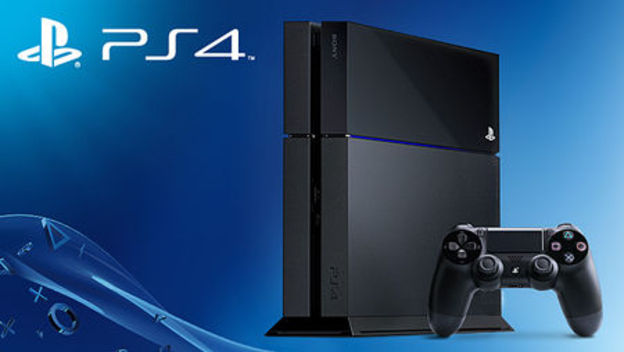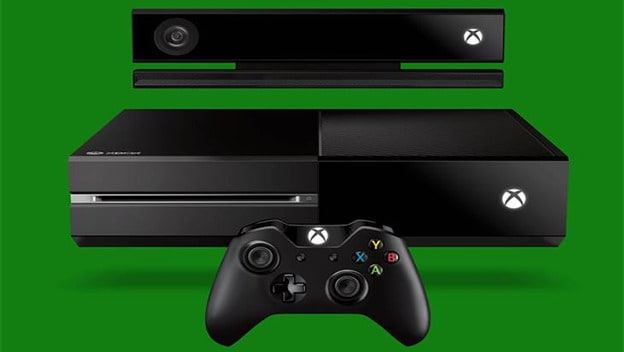It’s an idea that has been floating around in the heads of game designers, publishers, and market analysts for some time now. Gaming consoles may be obsolete. Gaming has been taking a turn for the service oriented side of things for a while now. Streaming services like OnLive and PlayStation Now basically reduce the minimum specs for any game to a good internet connection and a halfway decent TV. PC gaming has grown far stronger with the prevalence of digital distribution platforms, even going as far as to integrate classically console only games, like fighting games. Mobile games are bigger than ever, allowing you to experience AAA games on your tablet or smartphone. With all of these console alternatives in play, are consoles on the way out?
Geoffrey Zatkin, chief product officer at video game market research firm EEDAR, thinks so. Speaking in a panel called “Awesome Video Game Data” at the Game Developers Conference in San Francisco this week, Zatkin said that we might be looking at the last generation of dedicated game hardware. Zatkin did not go in depth on what might replace our precious consoles, but it’s not hard to imagine.
For example, smartphones and tablets are being designed with HDMI out ports . They are usually more than powerful enough to utilize a game streaming service, and many are able to flat out play AAA games on board. Existing Bluetooth controllers, like the Dualshock 3 and 4, can be hooked up to smart devices easily, thus allowing your smart device to stand in as a console on any TV you like.
Katsuhiro Harada, producer for Tekken, had his own ideas on where gaming is going. Instead of dedicated gaming consoles, Harada thinks that the Xbox Marketplace and PlayStation store will soon be detached from their consoles of origin. Instead of consoles, gaming will be based around “services.” If you are a PlayStation owner, for example, you are a person who owns a PlayStation service on their devices. That service can then be used on any device that can handle it, like a PC or even a Steam Box, and can be hooked up to a television just as easily through HDMI. “Consoles” would only be sold as micro-PC alternatives which can use the service, if you don’t already have a PC that can.
Then there is the question of upgradability. You can upgrade your PS4 and Xbox One hard drive with just a little bit of tech knowhow, and some hackers have even shown off mods that increase the ram and processor speed. It’s possible that the “console” of tomorrow will actually just be an upgradable PC. Razer has already shown off a concept called Project Christine , which builds a PC using easily swappable “blocks” that house hard drives, graphics cards, RAM, and so forth. The Xi3 Piston can easily be taken apart and put back together, allowing you to slide in cartridges that hold more memory or faster processors. If consoles take advantage of these advances in technology, then our next gaming machines may also be our gaming machines 10 years from now as we upgrade them for each new “generation.”

Which brings us to an important question: “what is so special about consoles?” At this point, consoles are basically doing everything PCs do anyway. You can check your e-mail, watch Youtube, and even Stream your gameplay on the PS4 and Xbox One, and doing so is far harder than it is on a PC. Not everyone has a gaming PC, no, but what if we could?
What if, for example, Sony’s next project, the PlayStation 5 was just a PC. Like the PlayStation 4 it was sold at a loss or near even, BUT it came with a subscription to the PlayStation digital distribution service. Then, Sony can make up its money on published games, like they do now. Would that be less special? Does a console have to be dedicated to be accepted by the gaming populace? Let us know what you think in the comments.
